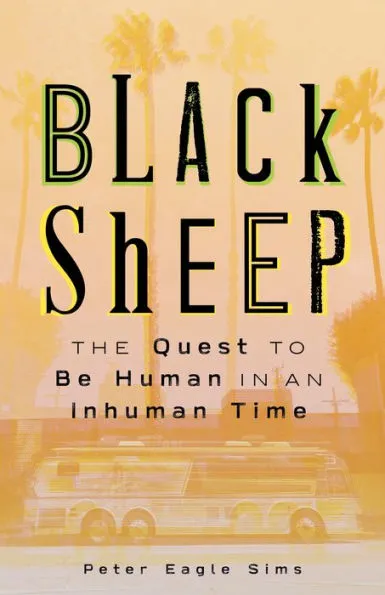Original article as it appeared in NYT here.
PREOCCUPATIONS
Daring to Stumble on the Road to Discovery
By PETER SIMS
AT the recent Aspen Ideas Festival, the New York Times columnist Thomas L. Friedman said that when he graduated from college, he was able to go find a job, but that our children were going to have to invent a job.
Jobs, careers, valued skills and industries are transforming at an unheard-of rate. And all of the change and uncertainty can make us risk-averse and prone to getting stuck.
Despite these realities, our education system emphasizes teaching and testing us about facts that are already known. There is much less focus on our ability to discover, create and reinvent.
The same often holds true in the workplace. Perfection is rewarded, while making mistakes is penalized. It’s no wonder that “failure” has taken on a deeply personal meaning, something to be avoided at nearly all cost.
The skills we’re taught work well for familiar situations, yet we’re trained to perfect our ideas and use the past to predict the future with linear plans in a nonlinear world. As such, we need a completely new mind-set. Linear thinking is a death knell for creativity.
When I worked as a venture capital investor, I found that most successful entrepreneurs don’t begin with perfected ideas or plans — they discover them. Entrepreneurs think of learning the way most people think of failure.
A prime example is Howard Schultz, one of the most successful entrepreneurs of our time. When he started what would become Starbucks, he modeled the first stores after coffeehouses in Milan, a new concept for the United States in the 1980s. He was clearly onto something, but the baristas wore bow ties — which they found uncomfortable — and customers complained about the nonstop opera music and menus that were written primarily in Italian. And the early stores had no chairs. Mr. Schultz routinely acknowledges that he and his team made a lot of mistakes. But they learned from them, as they did from countless other experiments.
Consider another example — what it takes to create great comedy. Editors at The Onion, the humor publication, estimate that they try out hundreds of headlines each week before they finally decide to use only a small percentage of them.
Even the most successful stand-up comedians, like Chris Rock, try thousands of new ideas in front of small club audiences in order to develop a one-hour act. Some jokes fail, but Mr. Rock is willing to be imperfect; he persists night after night because every small bet takes him closer to a brilliant act on the big stage.
This is how comedians and entrepreneurs must work — by making countless small bets to discover what works. The real genius is in the approach.
The same holds true for leaders, managers and collaborators. They must to be willing to learn from mistakes. Affordable risks should be encouraged, and small failures celebrated — these are the mark of learning organizations. Otherwise, risk aversion will lead to stagnation and decline.
In a time when valued skills and occupations shift constantly, we must be able to discover interests, opportunities and careers by experimenting. Or by reinventing ourselves altogether.
The architect Frank Gehry, for instance, designed relatively conventional buildings for much of his early career. But inspired by how contemporary painters and sculptors worked, Mr. Gehry performed a series of experiments on his own house in Santa Monica, Calif., during the late 1970s .
Working with plywood, corrugated metal and chain-link fencing, he built a new exterior around his original house.
His experiments were the precursor to what would become his distinctive style, evident in the Guggenheim Museum Bilbao in Spain and the Walt Disney Concert Hall in Los Angeles. The money was good in conventional architecture, yet he decided to start anew, using his own style and voice.
INVENTION and discovery emanate from the ability to try seemingly wild possibilities; to feel comfortable being wrong before being right; to live in the world as a careful observer, open to different experiences; to play with ideas without prematurely judging oneself or others; to persist through difficulties; and to have a willingness to be misunderstood, sometimes for long periods, despite the conventional wisdom.
All these abilities can be learned and developed, but doing so requires us to unlearn many of our tendencies toward linear planning and perfectionism.
As the technology pioneer Alan Kay put it: “The best way to predict the future is to invent it.” It begins with a little bet. What will yours be?
Peter Sims is the author of “Little Bets: How Breakthrough Ideas Emerge from Small Discoveries.”

